What might a post-retail High Street look like?
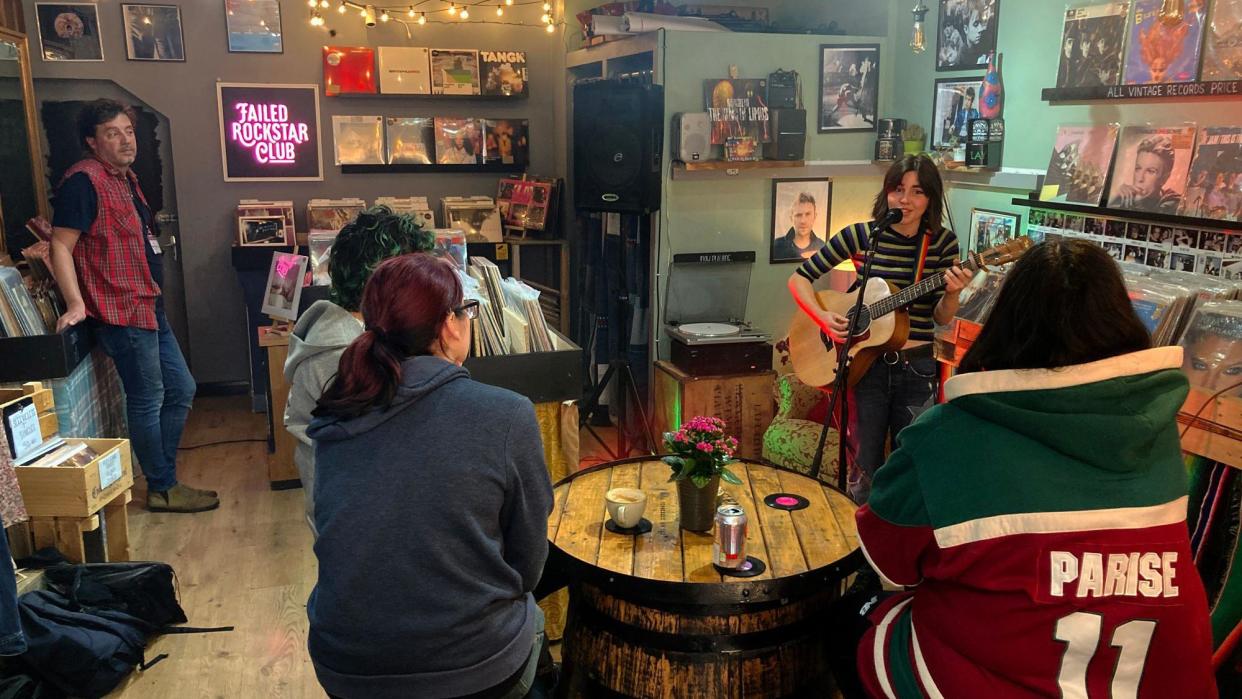
Voters repeatedly tell pollsters that empty shops, High Street decline and the wider state of the economy remain key electoral issues. Colchester, which only became a city in 2022, is asking what a post-retail city centre might look like.
Home to nearly 200,000 people, Colchester is one of the UK's newest cities having previously been one of its oldest recorded towns.
Like many towns and cities up and down the country, the city centre has lost a number of prominent retailers in recent years including its Debenhams department store and its Marks & Spencer's store (which has moved out to a retail park).

"That was a big loss for Colchester," says Sam Good, the chief executive of the Our Colchester Business Improve District, which represents about 450 businesses in the city. "We have struggled to replace it."
Mr Good says challenges bring opportunities, in this case the chance to reimagine what the community wants its city centre to be.
"For me it is about moving away from transactions," he says. "We can't just prioritise the city centre as being transaction-driven."
Shops and other businesses will remain, he says. But their offering is likely to change.
The future he says is in "experience-led businesses".
A deal has recently been struck, for example, to turn the former Debenhams complex, which has been empty for the past three years, into an indoor karting track with other activities on offer such as bowling and trampolining.
"So how do we get those people into the centre, where people want to bring their kids?" he asks.
Rather than people choosing to go into the city centre for shopping, he says, people might visit the Mercury Theatre, visit the Norman Colchester Castle, take a stroll in the park or watch a film at one of the city's museums.

Bestdays Vintage, in Eld Lane, started life as a simple clothes shop.
That changed about five years ago when Steven Hurdle realised that just selling clothes was not going to cut it.
As more and more people bought their new and second-hand clothes online, the future for retailers such as Mr Hurdle might have looked bleak.
"The internet has had a huge impact, the market has completely shifted," he says.
But, while fewer clothes might have been getting sold, the number of visitors remained strong. Some, Mr Hurdle says, simply wanted to hang out at Bestdays, choosing to sit on the floor and speaking with friends.
"We realised people were not just coming in for clothes, they wanted a bit more," he says. "People were hanging out in the shop, just sitting on the floor. They wanted to be part of something."
As a result they ripped out the old shopping area and rebuilt it with a coffee shop at the front.
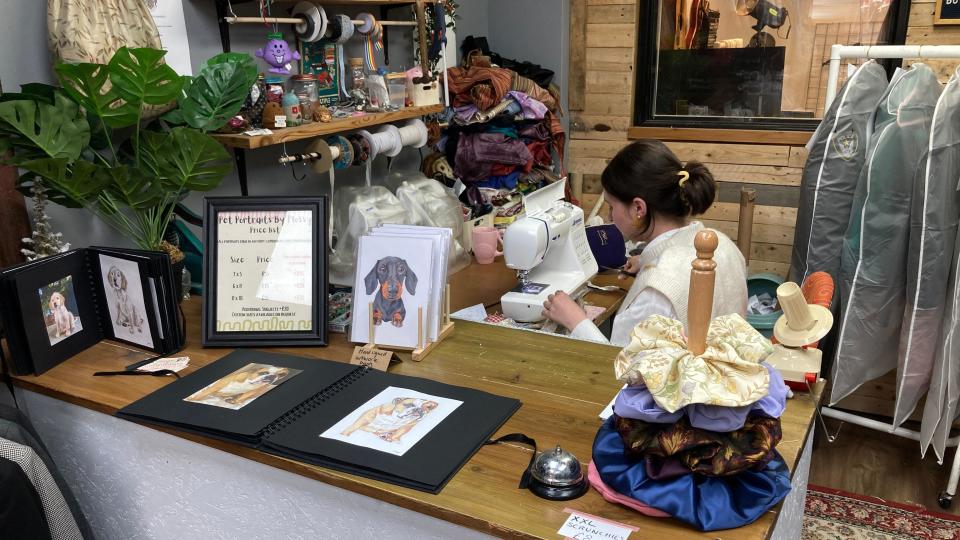
The shop now sells vinyl records and offers a repairs and alterations service.
"Through lockdown, I feel people have realised it is really important to be part of something. We all crave somewhere to belong to a tribe or community.
"Over time we have had to adapt to the market and to how the high street is and what people want."
Bestdays is now a place where musicians perform, friends gather and give their own treasured clothes a new life.

College student Harry Leek has been visiting Bestdays for the past three years and says the draw, for him, is the "sense of community".
"There's always somebody ready for a conversation when you come in," he says. "Of course I'll buy stuff, I have to buy stuff to support the business, otherwise it will disappear."
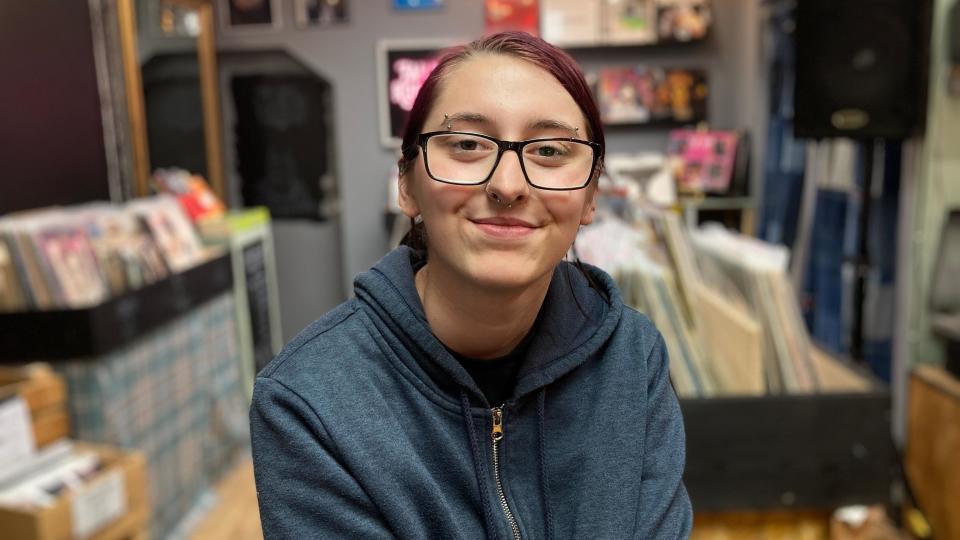
Paris Mehmet, a student, says the benefits of buying products in person include the personal touch and getting honest feedback as to whether an item really suits her or not.
She says she values the experience a shop offers its customers above other considerations, such as price alone.
"When I am shopping, I like it when staff are more interactive," she says.
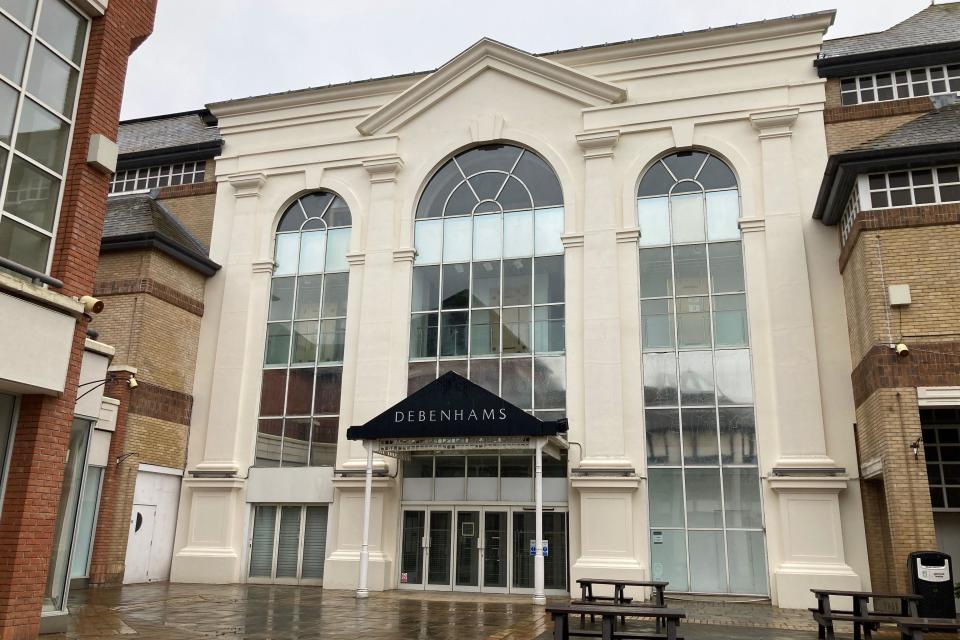
What do the main parties have to say about supporting the high street?
Labour says it will "will focus on what matters to small businesses to deliver change".
Its plan includes guaranteeing small businesses have "access to banking services on their high street... by changing regulations to accelerate the rollout of banking hubs."
Labour pledges to "replace the business rates system with a new system that will level the playing field between the high street and online giants" and "revitalise Britain’s high streets by tackling anti-social behaviour through the introduction of new town centre police patrols".
The Liberal Democrats claimed the Conservatives had "failed businesses and workers", "damaged business confidence" and "failed to support high streets".
A spokesperson said: “As online shopping continues to place pressure on high street shops, Liberal Democrats have a concrete plan to bolster these vital businesses and create new local jobs by finally delivering the root and branch reform of the broken business rates system that our high streets having been crying out for."
Although the Conservatives did not respond to the BBC's request for comment, the party's manifesto pledges high streets would get a "new lease of life".
"We will change planning laws to support places to bring back local market days and regenerate defunct shopping centres," the manifesto says.
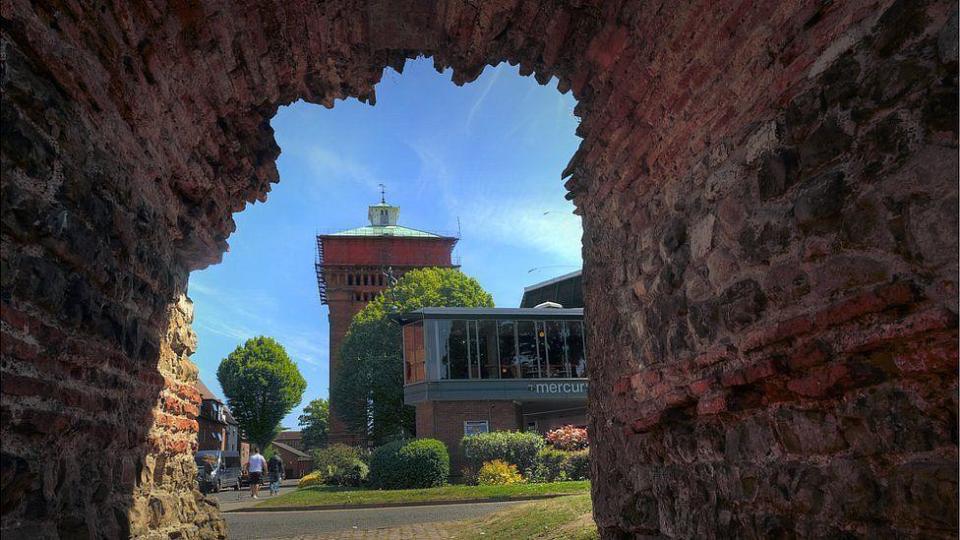
While shifting towards making city centres such as Colchester destinations in and of themselves is not without significant challenges.
"The issue we have with the consumer," says Mr Good, "is that it doesn't take much to put them off using a certain location or place."
He says the city centre is in competition with online shopping and convenience-led businesses, such as home food delivery services.
"And there's the issue with car parking - prices are going up, congestion is getting worse, so it is creating less purpose and reason for people to come in."
Mr Good says a reform in business rates would be "a game changer" for businesses.
"Whichever party is in government after the election, it has to happen," he says. "It is not about making it easy for our businesses, it is about levelling the playing field for us against the internet and retail parks.
"If they get it right, it could be the biggest change for our city and town centres in a generation."

Follow Essex news on Facebook, Instagram and X. Got a story? Email eastofenglandnews@bbc.co.uk or WhatsApp us on 0800 169 1830


